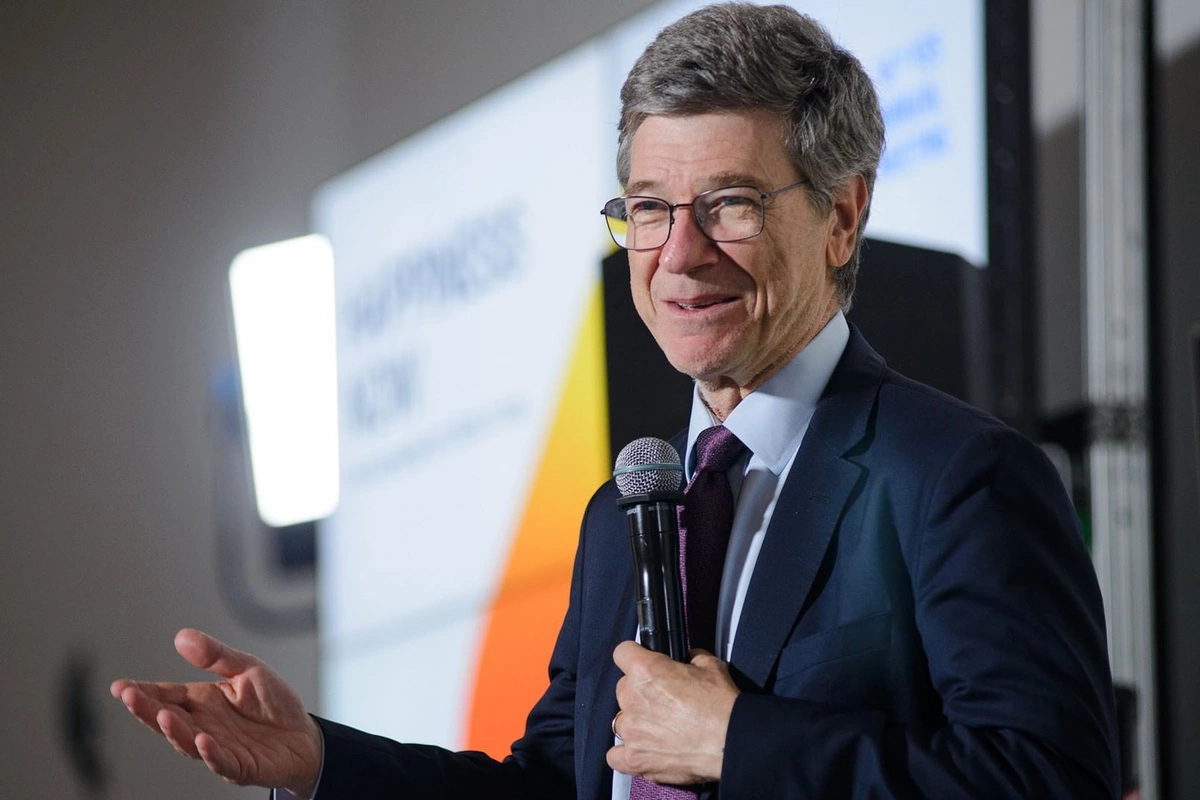
Photo: www.esri.com
The Caspian Post presents an exclusive interview by News.Az with prominent economist and political analyst Jeffrey Sachs who shared his insights on how global dynamics, including a potential return of Donald Trump to power, could shape U.S. foreign policy toward the South Caucasus and Central Asia.
Sachs also addressed the prospects for peace between Armenia and Azerbaijan, the role of regional powers, and the impact of geopolitical changes on the region's stability.
- How do you think Donald Trump's return to power will affect U.S. policy towards the South Caucasus and Central Asia? What changes can these regions expect?
- The U.S. government doesn't care much about the South Caucasus, except when it comes to countering Russia. Ideally, I'd hope the U.S. would leave the South Caucasus alone rather than turning it into yet another war zone, as it did with Ukraine. The war in Ukraine stems from the relentless U.S. effort to expand NATO to Ukraine, crossing Russia's bright red lines.
-What position do you think the future U.S. administration may take in resolving the Armenian-Azerbaijani conflict?
- Once again, I don't think the U.S. government has the knowledge or the diplomatic bandwidth to play a significant role. The primary U.S. interest in the region is Russia, not Armenia or Azerbaijan.
- How do you assess the prospects for signing a peace treaty between Armenia and Azerbaijan in the near future? What are the main obstacles to its conclusion?
- The three South Caucasus countries - Georgia, Armenia, and Azerbaijan - along with the larger regional powers - Türkiye, Russia, and Iran - should collaborate to establish a zone of peace and collective security. This framework could also include mutually beneficial trade corridors spanning north-south and east-west. However, these corridors must respect each country's sovereignty and remain under their respective jurisdictions.
- The events in Georgia are attracting more and more attention today. How would you assess the current situation in this country and its possible consequences for the region?
- My suspicion is that U.S. institutions such as the National Endowment for Democracy, the National Republican Institute, and the National Democratic Institute, along with influential NGOs, are playing an active role in Georgia. This approach has created instability in other nations, notably Ukraine in 2014, when the U.S. supported a coup to overthrow President Yanukovych. The outcome is often chaos.
- What steps do you think the South Caucasus countries can take to stabilize the regional situation against the backdrop of global political changes?
- The three smaller powers in the region must work together. They are all susceptible to the influence of larger powers. Fortunately, Russia, Türkiye, and Iran share an interest in the stability of Georgia, Armenia, and Azerbaijan.
- How do you see the future of Russia's influence in the South Caucasus in the context of its weakening position in Syria and a possible redistribution of geopolitical influence in the region?
- Russia will continue to play a significant role as a trade partner, investor, technology provider, and military power. However, it won't be the only influential actor. Türkiye and Iran are also key regional players. Additionally, countries like China, India, and those in Central Asia have a vested interest in the region's stability. This diversity of involvement is a positive factor. No single external power is likely to dominate, nor would it be wise for any South Caucasus country to rely solely on NATO, the EU, or any other entity. It is a complex region where cooperation and shared interest in peace are essential.
Share on social media